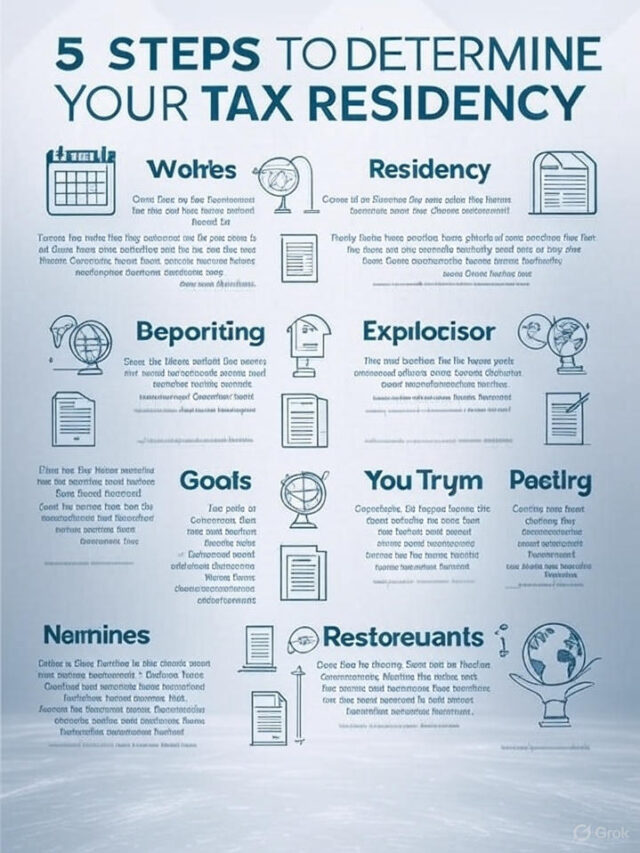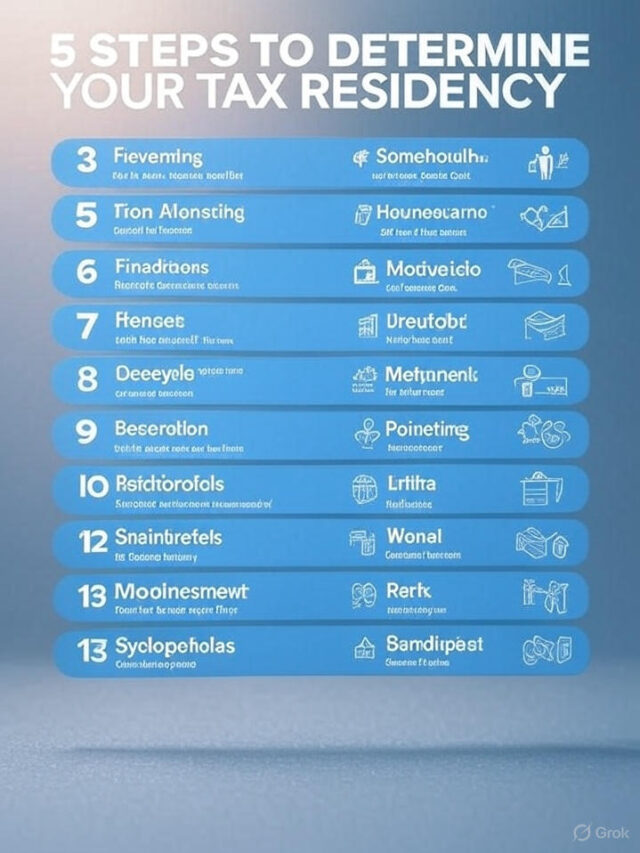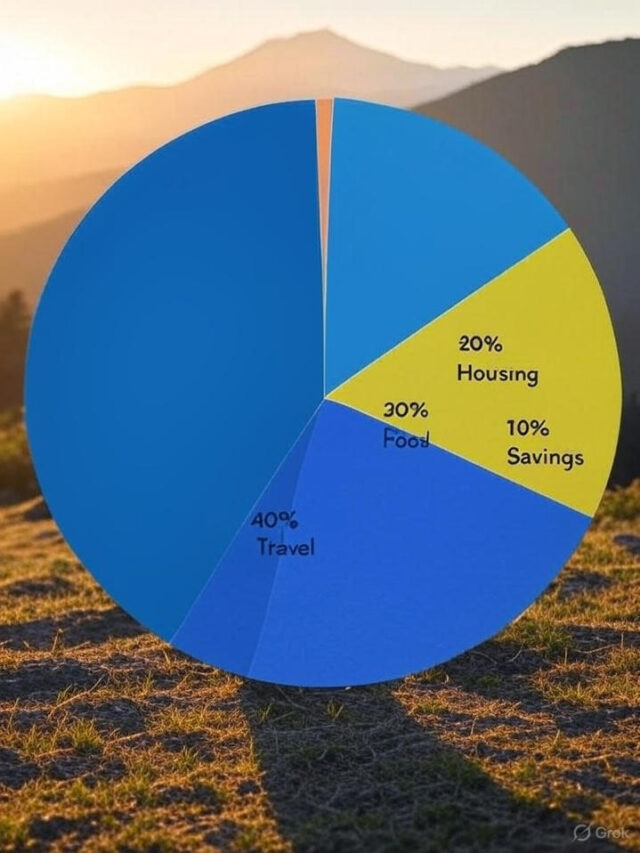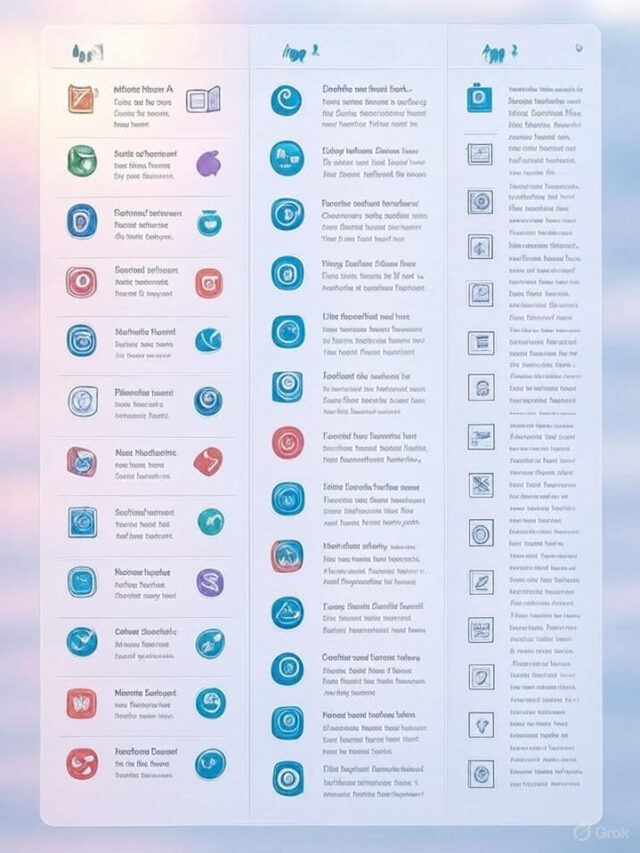
Why Problem-Solving Health Issues Is Your Key to a Vibrant Life
Imagine waking up every day feeling energized, clear-headed, and ready to conquer your goals. Sounds like a dream, right? For millions, health issues stand in the way of that vibrant life. But here’s the good news: problem-solving health issues isn’t just about popping pills or chasing quick fixes—it’s about empowering yourself to take control. This article, crafted by a passionate health advocate, will walk you through practical, inspiring ways to tackle health challenges head-on. Whether you’re battling fatigue, stress, or chronic conditions, you’ll discover strategies to live better, starting today.
Table of Contents
What Does Problem-Solving Health Issues Really Mean?
The Power of a Proactive Mindset
Practical Steps to Solve Health Issues
Real-Life Success Stories
Why Consistency Beats Perfection
Conclusion: Your Health, Your Victory
FAQs

What Does Problem-Solving Health Issues Really Mean?
Problem-solving health issues is like being your own detective. It’s about identifying the root causes of your symptoms, exploring solutions, and taking action. According to the World Health Organization, over 60% of global deaths are linked to chronic diseases like diabetes and heart disease—many of which can be managed or prevented with the right approach. This isn’t about blaming yourself; it’s about owning your journey.
Think of it as a puzzle. That nagging headache? It could be dehydration, stress, or even poor posture. Instead of masking it with painkillers, problem-solving means asking, “What’s causing this, and how can I fix it for good?” It is a state of mind which change a person from victimism to victory.
The Power of a Proactive Mindset
In real world: waiting for a doctor to “treat” you is similar as waiting for rain in a drought. Yes, medical professionals are vital, but you are the CEO of your health. A 2023 study in The Lancet found that proactive health behaviors—like regular exercise and stress management—cut the risk of chronic illness by up to 40%. That’s huge!
A proactive mindset means:
-
Asking questions: Why am I always tired? What’s triggering my anxiety?
-
Educating yourself: Read up on your symptoms (reliable sources only, please—no Dr. Google spirals!).
-
Taking small steps: Try a 15 minutes walk alone listening favourable music.
Picture Sarah, a 35-year-old mom who felt sluggish for years. Instead of accepting “it’s just aging,” she tracked her diet, discovered a vitamin D deficiency, and started morning walks. Six months later, she’s running 5Ks. That’s the power of problem-solving health issues.
Practical Steps to Solve Health Issues
Ready to take charge? Here are actionable steps to start problem-solving health issues today. No PhD required—just curiosity and commitment.
-
Track Your Symptoms: Grab a notebook or app and jot down what you feel, when, and why. Patterns emerge faster than you think.
-
Consult Experts: Doctors, nutritionists, or physical therapists can guide you. A 2022 survey by Kaiser Permanente showed 78% of patients felt empowered after consulting a specialist.
-
Experiment Safely: Try cutting out sugar for a week or adding meditation. Monitor what works.
-
Leverage Technology: Wearables like Fitbits or apps like MyFitnessPal can track sleep, diet, and activity, giving you data to act on.
-
Build a Support System: Connect with the like minded people having same goals, or join online communities. Accountability is a game-changer.
Take Mike, a 50-year-old accountant with high blood pressure. He started tracking his meals, swapped processed snacks for veggies, and joined a local walking group. In a year, his blood pressure normalized, and he ditched his meds. Small steps, big wins.
Real-Life Success Stories
Nothing inspires like real people crushing it. Let’s meet a few who mastered problem-solving health issues:
-
Lisa, 42, Chronic Migraines: Lisa’s migraines ruled her life until she noticed they spiked after coffee. She cut caffeine, added yoga, and now enjoys headache-free weeks.
-
James, 29, Anxiety: Therapy felt out of reach, so James tried free mindfulness apps. Pairing them with jogging reduced his panic attacks by 70% in three months.
-
Maria, 60, Arthritis: Maria reluctant to allow her joint pain to win. Physical therapy and a turmeric-rich diet eased her stiffness, letting her garden again.
These aren’t superheroes—they’re regular folks who decided to fight back. You can, too.
Why Consistency Beats Perfection
Here’s a truth bomb: you don’t need to be perfect to solve health issues. A 2024 study in Health Psychology found that consistent small changes—like drinking an extra glass of water daily—outperformed drastic diets in improving long-term health. Perfection leads to burnout; consistency leads to results.
Think of it like brushing your teeth. You don’t skip it because you ate cake—you just keep going. Missed a workout? Fine, walk tomorrow. Ate pizza? Cool, add veggies next meal. Problem-solving health issues is about progress, not punishment.
Try this: pick one tiny habit (like stretching for five minutes daily) and stick to it for 30 days. You’ll be amazed at how it snowballs.
Your Health, Your Victory
Problem-solving health issues isn’t a one-size-fits-all formula—it’s a journey of discovery, action, and resilience. You’re not just fighting symptoms; you’re building a life where you thrive. Every step, from tracking symptoms to trying new habits, is a victory. The stats don’t lie: proactive people live longer, happier lives. So, grab that notebook, call that doctor, or take that walk. Your vibrant life is waiting, and you’ve got the power to claim it.
FAQs
Q: How do I start problem-solving health issues if I’m overwhelmed?
A: Start small. Track one symptom for a week or make one tiny change, like drinking more water. Small wins build momentum.
Q: Can I solve health issues without a doctor?
A: You can take proactive steps, but doctors are key for diagnosing serious conditions. Think of them as partners, not saviors.
Q: How long does it take to see results?
A: It varies. Some changes (like hydration) show results in days; others (like weight loss) take weeks. Consistency is key.
Q: Are there free resources for problem-solving health issues?
A: Absolutely! Apps like Headspace, trustworthy sites like Mayo Clinic, or community groups offer free or low-cost support.
Q: What if I don’t have time?
A: You don’t need hours. Five minutes of stretching or swapping one unhealthy snack makes a difference. It’s about priorities, not time.


Tax Strategies for Digital Nomads: A Comprehensive Guide to Staying Compliant and Saving Money


Saving Money as a Digital Nomad: A Comprehensive Guide to Financial Freedom


The Best Budgeting Apps for Digital Nomads: Managing Finances on the Go


AI Writing Tools: Your Ultimate Guide to Smarter Content Creation in 2025

Pages
Categories

Retirement Planning for Digital Nomads: A Roadmap to Financial Freedom on the Move

Tax Strategies for Digital Nomads: A Comprehensive Guide to Staying Compliant and Saving Money


Saving Money as a Digital Nomad: A Comprehensive Guide to Financial Freedom












